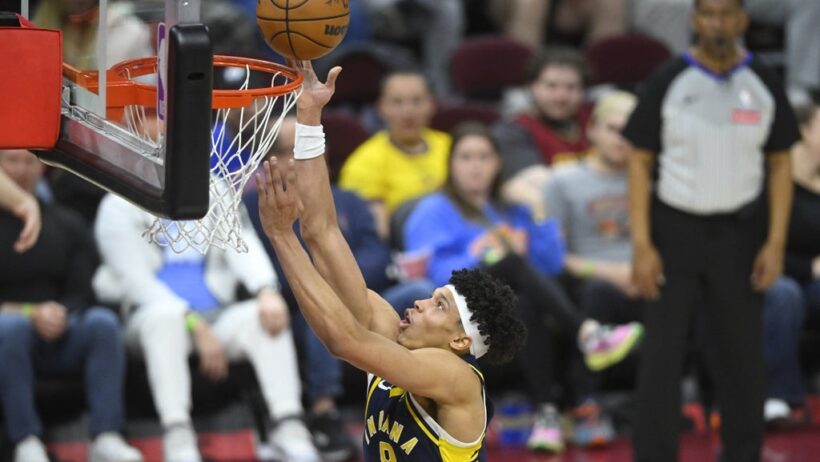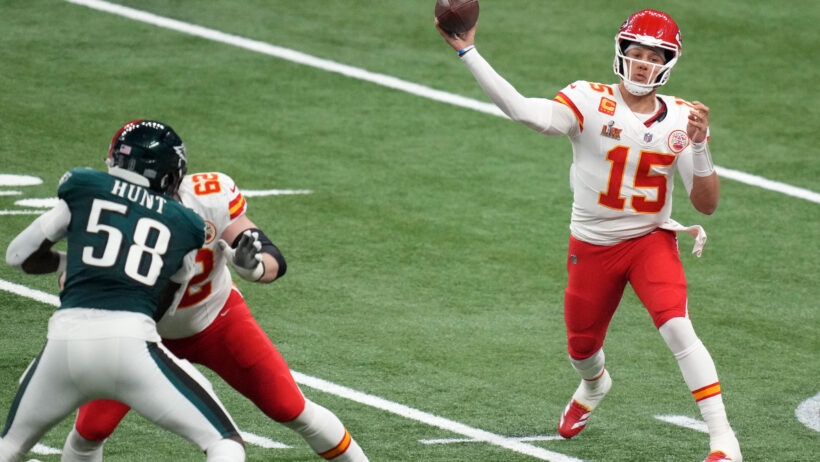Everything You Need to Know About Self-Exclusion
By Sascha Paruk
Updated:

- Sports bettors who feel they have a problem with gambling can impose self-exclusion on themselves
- What happens when you self-exclude?
- Learn the details of self-exclusion through a series of FAQs answered here
Most jurisdictions that permit online sports betting require sportsbooks to offer a self-exclusion option.
Self-exclusion is when sports bettors choose to ban themselves from a sportsbook, usually because they feel they have developed a betting-related problem.
How to Self Exclude at Online Sportsbooks
With the boom of online sports betting apps in the US, it’s never been easier to place a bet. Online sportsbooks, and the governing bodies that regulate them, are aware of the potential risks that come with that, which is why they’ve made it mandatory to offer the option to self-exclude on the same apps you place your bets.
In general, you can start the process within the responsible gaming section at your sportsbook of choice. Typically, this can be found within your account page while you are logged in.
Here’s how to setup self exclusion at some of the top online sportsbooks.
FanDuel Self Exclusion
While logged in, find the “Player Protection” section within your account and click Responsible Gaming > User tools > Self exclusion. There, you will enter your personal information and select the amount of time you want to self exclude.
DraftKings Self Exclusion
Within your account, click on “Responsible Gaming” under the General section. Scroll down to the break section, where you can choose self exclusion for 1 or 5 years. There is also a DraftKings cooling off option, which could be as short as a day, and as long as 2 months.
BetMGM Self Exclusion
At BetMGM, you have the option to take a temporary timeout from betting, or permanently self exclude. If it’s the latter, BetMGM asks you to contact its Responsible Gambling Team at the email address that coincides with your state (for example, responsiblegaming.mi@betmgm.com in Michigan).
If you simply want to take a timeout, find the responsible gaming section under your account details and click “Time-out” then follow the instructions on that page.
Self-Exclusion FAQs
The easiest way to explain self-exclusion is through a series of FAQs. Read the FAQs below to learn about self-exclusion and find further resources for gaining help with problem gambling.
Who imposes self-exclusion?
The bettor, himself/herself. By definition, no one can impose self-exclusion on someone else.
Who enforces self-exclusion?
The sportsbook.
Can bettors revoke their own self-exclusion?
No, they must wait until the pre-specified time period has elapsed. Once it does, normal betting activities may be resumed unless and until a new self-exclusion period is self-imposed.
How long will the self-exclusion last?
It depends on the sportsbook and what options it provides. At many sportsbooks, the length of the self-exclusion can be decided by the bettor and the sportsbook working in concert. Simply contact customer support to start the process of arranging the preferred duration.
Can self-exclusion be permanent?
It depends on the sportsbook. Most have a permanent self-exclusion option. Those that do not advertise such an option will likely make one available if you contact customer service.
Are there other options short of self-exclusion?
Again, it depends on the sportsbook. But generally, yes, there are other options to curtail ones betting. These include self-imposed betting limits (e.g. no wagers over $20), deposit limits (e.g. only $100 in deposits every six months), and cooling off periods. A cooling-off period is basically a revocable exclusion. Bettors can end the exclusion at any point by requesting reinstatement.
Additional Resources
- The National Council on Problem Gambling (US) Gambling Helpline
- HelpGuide.org’s “Gambling Addiction and Problem Gambling“
- National Health Service (UK) “Help for problem gambling“
- Canadian Association for Mental Health’s “Problem Gambling“
- Lifeline.org.au (Aus) “Problem Gambling“

Managing Editor
Sascha has been working in the sports-betting industry since 2014, and quickly paired his strong writing skills with a burgeoning knowledge of probability and statistics. He holds an undergraduate degree in linguistics and a Juris Doctor from the University of British Columbia.



